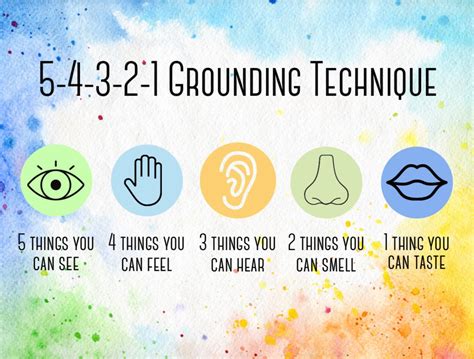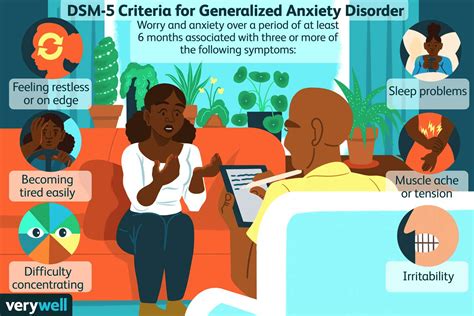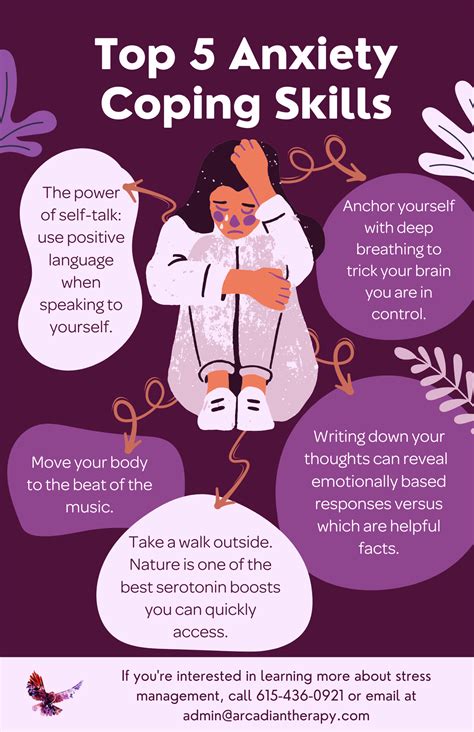Intro
Discover if you have anxiety with our expert guide, covering symptoms, causes, and treatments, to help you manage anxiety disorders, panic attacks, and stress-related conditions.
Anxiety is a common mental health condition that affects millions of people worldwide. It can manifest in different ways, making it challenging to diagnose and treat. If you're wondering whether you have anxiety, it's essential to understand the signs, symptoms, and effects of this condition on your daily life. Anxiety can be overwhelming, but recognizing its presence is the first step towards seeking help and finding relief.
Anxiety can be debilitating, affecting not only your mental well-being but also your physical health. It can disrupt your relationships, work, and overall quality of life. The good news is that anxiety is treatable, and there are various therapies, strategies, and techniques that can help you manage its symptoms. However, to get the right treatment, you need to acknowledge and understand your anxiety. This article will guide you through the process of identifying anxiety, its types, causes, and effects, as well as provide you with practical advice on how to cope with it.
Anxiety is a natural human emotion that everyone experiences at some point in their lives. It's a feeling of worry, nervousness, or fear that can be triggered by various situations, such as public speaking, exams, or significant life changes. However, for some people, anxiety can become a persistent and overwhelming problem that interferes with their daily activities. If you're struggling to control your anxiety, it may be time to seek help. In this article, we'll delve into the world of anxiety, exploring its complexities, and providing you with the knowledge and tools to manage its symptoms.
Understanding Anxiety

Types of Anxiety
Anxiety comes in different forms, each with its unique characteristics and symptoms. Some of the most common types of anxiety include: * Generalized anxiety disorder (GAD): excessive and persistent worry about everyday things, such as work, finances, or relationships. * Panic disorder: recurring panic attacks, which are intense episodes of fear or discomfort that peak within minutes. * Social anxiety disorder: fear or anxiety in social situations, such as public speaking, meeting new people, or being in crowded places. * Phobias: intense fear or anxiety triggered by specific objects, situations, or activities, such as spiders, heights, or flying. * Obsessive-compulsive disorder (OCD): recurring, intrusive thoughts (obsessions) and repetitive behaviors (compulsions) that an individual feels compelled to perform.The Causes of Anxiety

Effects of Anxiety
Anxiety can have a significant impact on your daily life, affecting your relationships, work, and overall well-being. Some of the common effects of anxiety include: * Difficulty concentrating and making decisions * Avoidance behaviors, such as avoiding social situations or certain activities * Physical symptoms, such as headaches, stomach problems, or sleep disturbances * Strained relationships with family and friends * Decreased productivity and performance at work or schoolDiagnosing Anxiety

Treatment Options for Anxiety
Anxiety is treatable, and there are various therapies, strategies, and techniques that can help you manage its symptoms. Some of the common treatment options for anxiety include: * Cognitive-behavioral therapy (CBT): a type of talk therapy that helps you identify and change negative thought patterns and behaviors. * Medications: such as antidepressants, benzodiazepines, or beta blockers, which can help alleviate anxiety symptoms. * Relaxation techniques: such as deep breathing, progressive muscle relaxation, or mindfulness meditation, which can help reduce stress and anxiety. * Lifestyle changes: such as regular exercise, healthy eating, and sufficient sleep, which can help improve overall well-being and reduce anxiety symptoms.Coping with Anxiety

Self-Help Strategies for Anxiety
In addition to professional treatment, there are several self-help strategies that can help you manage anxiety symptoms. Some of these strategies include: * Keeping a journal to track your thoughts, feelings, and symptoms * Practicing mindfulness meditation or other relaxation techniques * Engaging in creative activities, such as art, music, or writing * Setting realistic goals and breaking them down into smaller, manageable tasks * Building a self-care routine, including activities that bring you joy and relaxationConclusion and Next Steps

What are the symptoms of anxiety?
+The symptoms of anxiety can vary depending on the type of anxiety, but common symptoms include rapid heartbeat, sweating, trembling, difficulty concentrating, and avoidance behaviors.
How is anxiety diagnosed?
+Anxiety is diagnosed through a comprehensive evaluation by a mental health professional, including a physical exam, psychological evaluation, and review of medical and mental health history.
What are the treatment options for anxiety?
+Treatment options for anxiety include cognitive-behavioral therapy, medications, relaxation techniques, and lifestyle changes, such as regular exercise and healthy eating.
We hope this article has provided you with a comprehensive understanding of anxiety, its symptoms, causes, and treatment options. If you're struggling with anxiety, remember that you're not alone, and there is help available. Take the first step towards seeking help, and start your journey towards a more peaceful and fulfilling life. Share your thoughts and experiences with anxiety in the comments below, and let's work together to break the stigma surrounding mental health.
